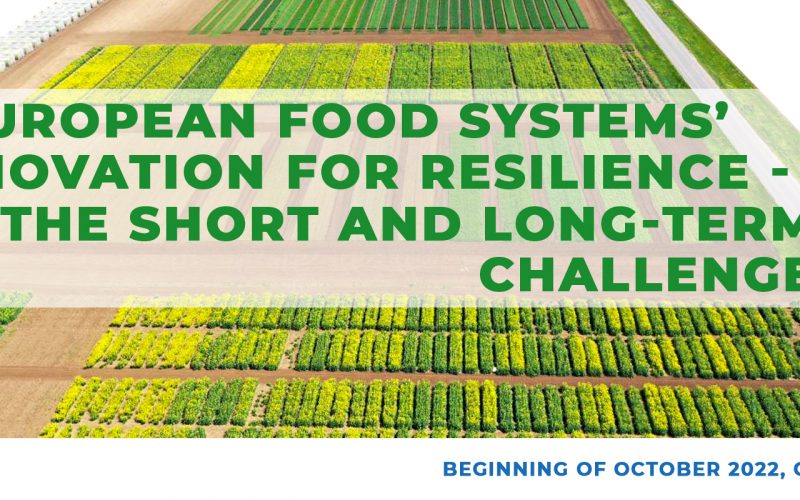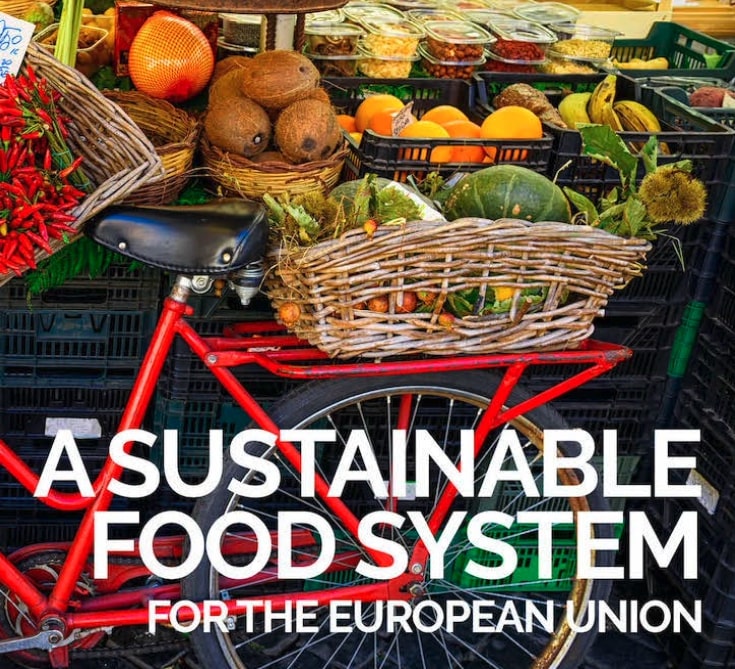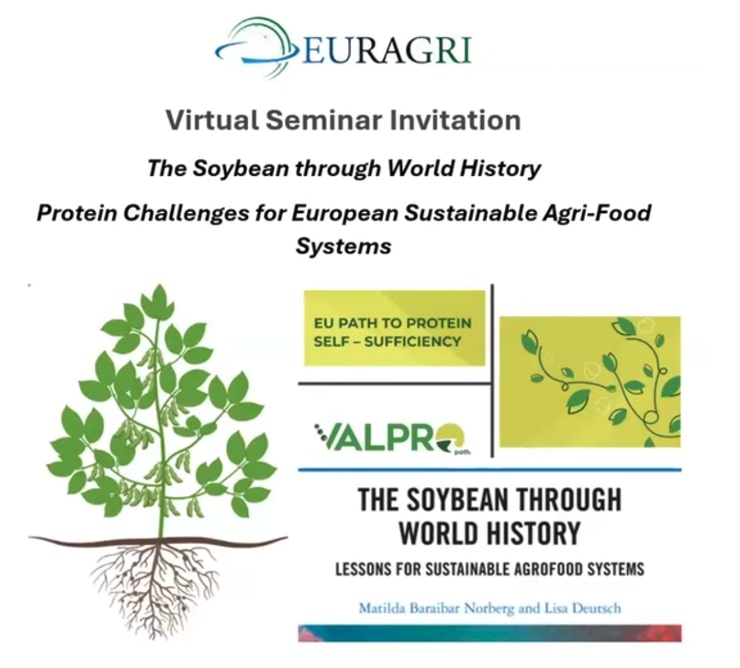EURAGRI
Conferences & Workshops / Webinars
The annual EURAGRI conference, hosted in rotation by members in different countries, is the main event when representatives gather to exchange views and ideas. The programme reflects the specific situation of the host but includes always a European dimension and often goes beyond.
Additional workshops / webinars on specific issues that require in depth discussion and often input from domains outside the agriculture and food sector further broaden the knowledge base in which EURAGRI operates.





